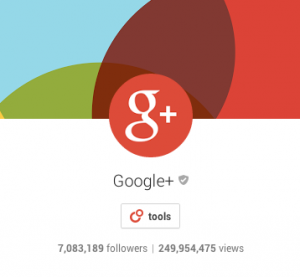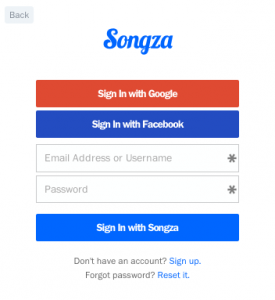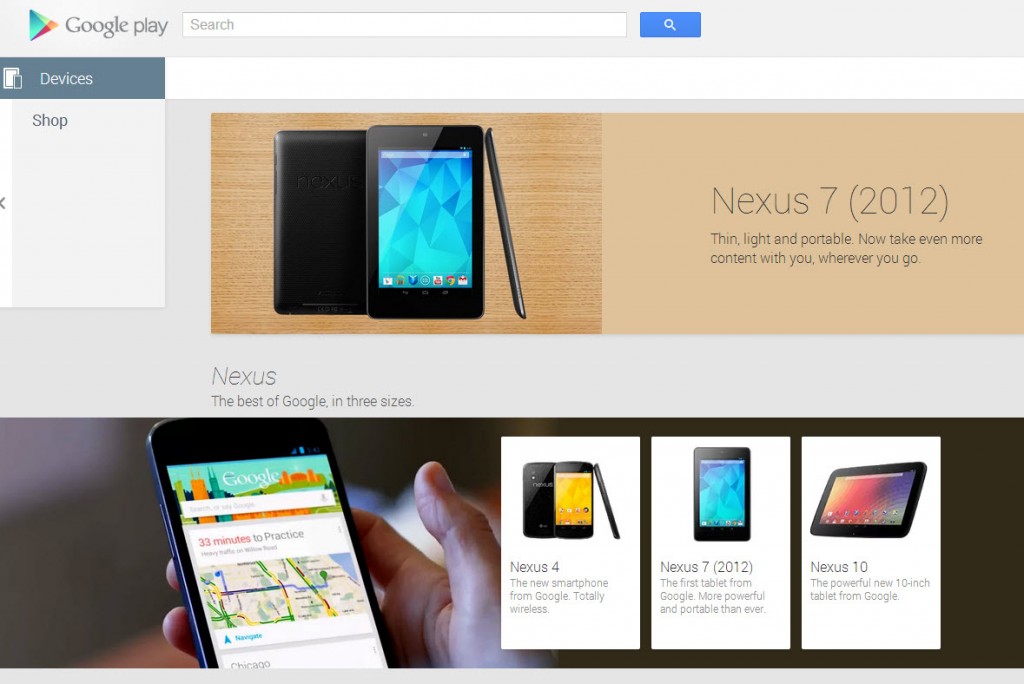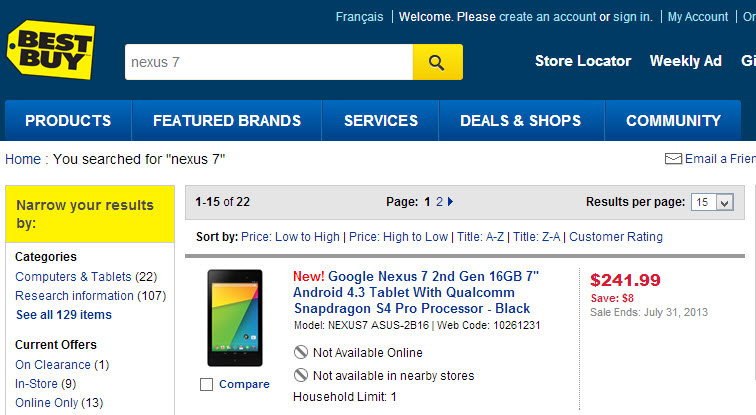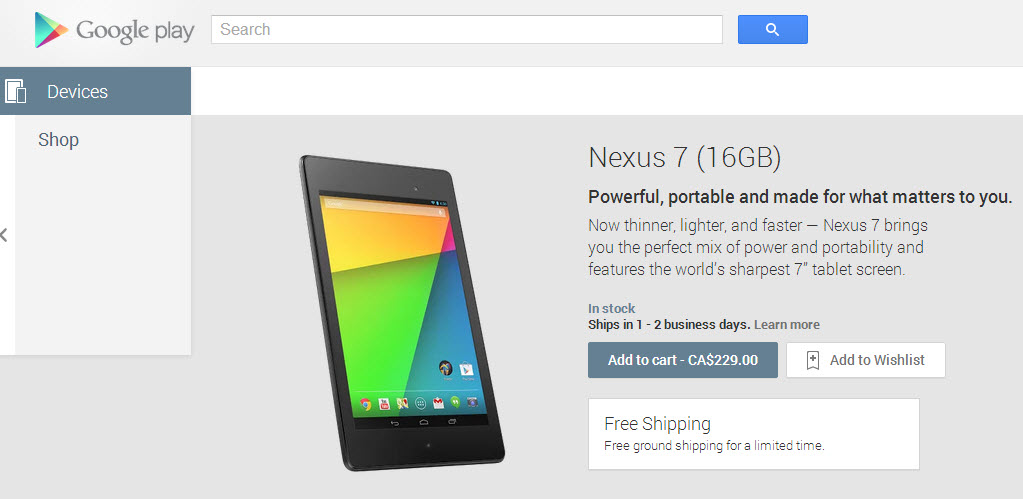Each week on the Inside PR podcast, Martin Waxman, Gini Dietrich and I’m thornley on Twitter talk about three #IPRMustKnows, three things that we think that communicators and marketers should know about because they are likely to affect the way that we use digital media and social networks to connect withe people.
This week’s #IPRMustKnows are:
Facebook has made its platform even more attractive as a place to publish videos by providing new tools to give publishers greater control over how they post their videos and target their reach. Facebook has joined YouTube as a must-publish place for video. If you aren’t already publishing your videos to both places, it’s time to test a dual publishing approach. Test it for several videos. Watch your stats closely. Then draw your own conclusion about how these two platforms work together to enable you to reach the people who are interested in your content.
Google isn’t giving up on video. It keeps innovating with YouTube. It is updating the YouTube mobile app, to make it easier for you to upload, find and view videos.
And going the other way – reducing a service’s scope and reach, Google announced that it is decoupling Google+ profiles from the login for other services, starting with YouTube. What does this mean for Google+. Trying to strike a positive note, Bradley Horowitz, Google’s product manager for Google+, said in a post on his Google+ page that,
“Google+ can now focus on doing what it’s already doing quite well: helping millions of users around the world connect around the interest they love. Aspects of the product that don’t serve this agenda have been, or will be, retired. But you’ll also see a slew of improvements that make this use case shine (like the recent launch of Collections – https://plus.google.com/collections/featured).”
So, there is a lot happening with both Facebook and Google+. Things you should know about.
If you find these #IPRMustKnows to be useful to you, click over to the Inside PR podcast blog to subscribe to receive the new episodes as soon as they are published.



